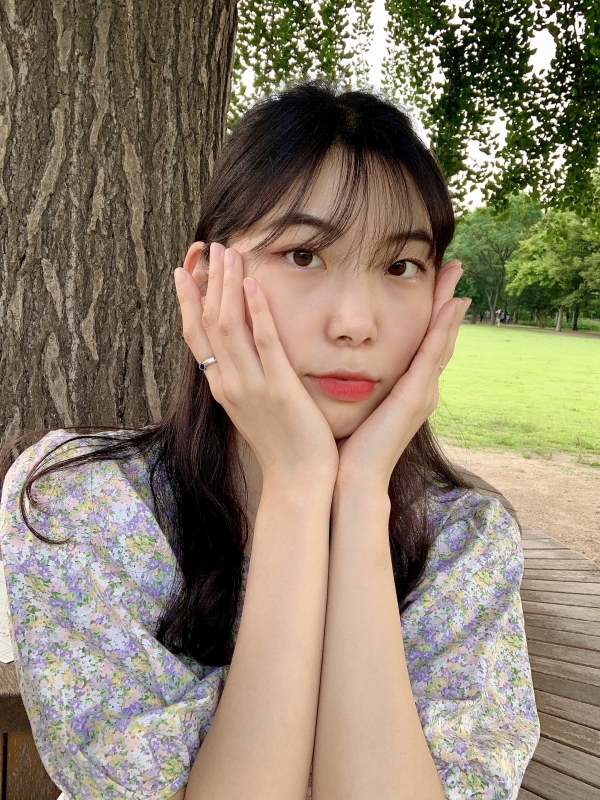Department of English Language and Literature

COVID-19 has hurt not only our physical health, but also our mental health. Along with increased online activities in the ‘untact’ society, the number of expressions of aversion is skyrocketing as well, and an epidemic of hate is spreading at an intimidating speed.
The result of the survey conducted by the ‘Embrain Public’ conspicuously shows the seriousness of the problem. More than two-thirds of the respondents contended that they have seen, heard, or perceived expressions of hatred in a year. One-third of them responded that they have actually used the expressions of loathing. Additionally, 76.4% of the respondents agreed that expressions of hatred have augmented consequentially compared to the time before Covid-19.
Being frightened and unfamiliar by differences and the unknown is inevitable. However, that is what makes this world variable and valuable. Thus, the attitude of encompassing the ones different from oneself is vital to the prosperity of the society. Keeping the emotion to oneself can be limited to simple hatred and unfavorable feelings, however, the act of expressing it externally can cause pain to others. To make matters worse, if it leads to a social phenomenon, the conflict between social groups that tear us apart.
The conflicts are triggered by the difference in gender, political tendencies, and social groups. Especially, the outbreak and spread of the COVID-19 has damaged the cooperation and harmony of the world, since the vigilance against people with different nationalities has surged significantly. To illustrate, Asians were most prone to blame and biases. The fact that Covid-19 has surged from Wuhan, China entails the cause of Asian xenophobia amid Coronavirus. On social media, hashtags of ‘#Stop Asian Hate’ and ‘#Hate is a virus’ show how much people experience and are alert to the conflicts resulted from the virus. The outbreak of the virus has made many lives uncomfortable and painful, however, I believe that the whole world shares the responsibility of it, and should therefore try to contain it with all our effort.
Unfortunately, the issue of ‘hatred’ interfered even in one of the biggest festivals of mankind. To pinpoint the recent issue of Korea, despite three Olympic golds (out of the five total golds of Korea), anti-feminists focused more on the hair of the Korean archer An-San. The Olympics is held in order to motivate cooperation, harmony, and hard work of citizens in the global village as well as the athletes. Conversely, instead of appreciating the endeavor and the result of the games,some criticized her university, short hairstyle, and preferences and blindly defined her as a feminist. This example shows the intense conflict of gender in the Korean society, and how people are obsessed with attacking others that do not have the same thoughts or faith as theirs’. I could not believe this issue and was extremely shocked. Despite the luxurious technical advancements, humankind’s minds and thoughts are still anchored in the past and were too absurd. I was keen to make a change starting from myself: trying to respect differences and felt the necessity to express my opinion about it. Why can’t people applaud her for representing our country and trying her best on the international stage? People’s comments in the media were too ruthless for a young athlete.
Being different does not justify hatred. Being different solely means that one is not alike with the other. We are all distinct and special in our own way, and that is what makes this society and moreover the world more beautiful and colorful. Embracing the difference and taking things further, respecting it would be an appropriate mindset. Hating someone and being the victim of hate is both a painstaking process. Thus, instead of strengthening the disparity between differences, why don’t we find a way to effectively make harmony?

